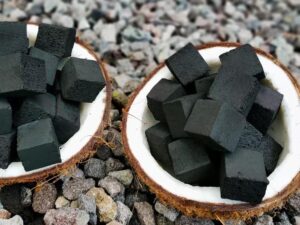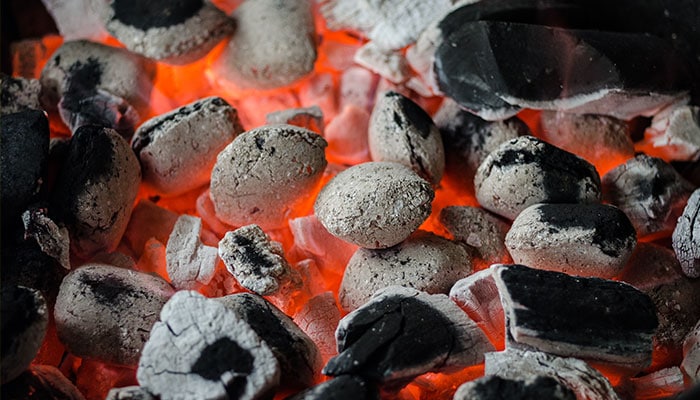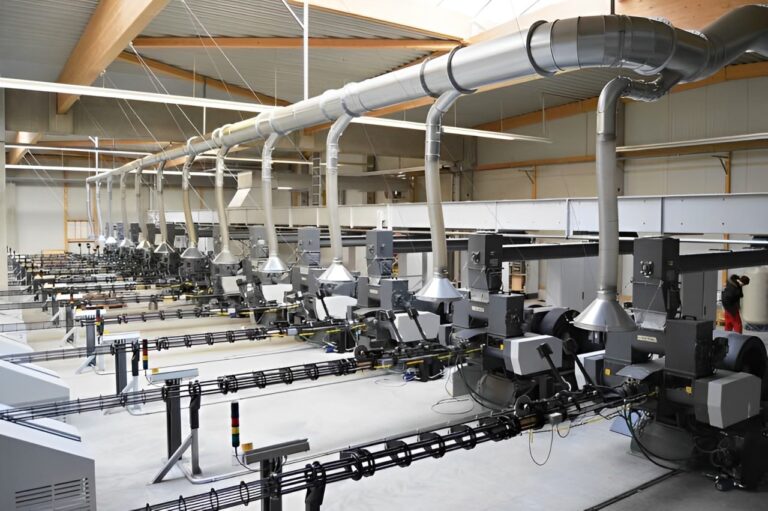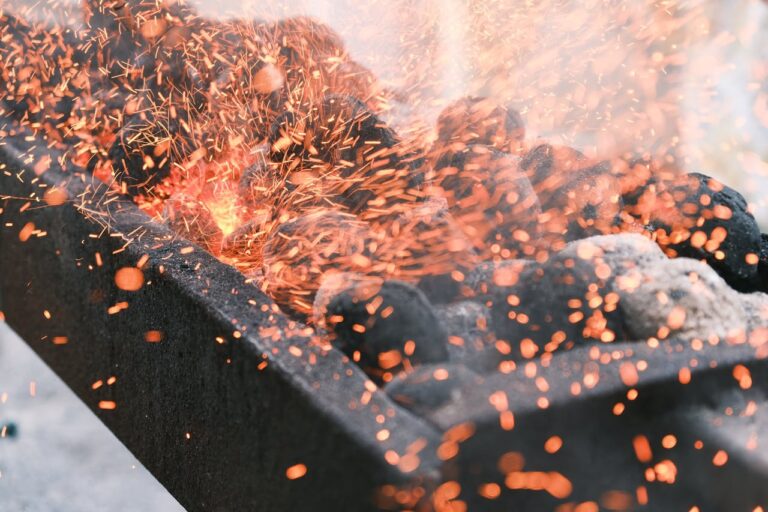As an alternative fuel, briquettes offer high energy efficiency and consistent burning power.
In recent years, the demand for alternative fuels has increased due to concerns over the depletion of fossil fuel reserves and their negative environmental impacts, such as greenhouse gas emissions and air pollution. One of the growing solutions is the use of briquettes as an alternative fuel. Briquettes hold great potential for providing a sustainable energy option, as they are made from renewable resources and organic waste materials such as sawdust, coconut shells, and other biomass.
What Are Briquettes?
Briquettes are solid fuel blocks made by compressing organic waste or biomass under high pressure. The process transforms raw materials into dense, compact blocks that can be burned to produce energy. Bricks made from organic materials generally have lower emissions compared to fossil fuels. Briquettes are produced without the use of harmful chemicals, making them a more environmentally friendly option compared to fossil fuels like coal or oil.
Main Functions of Briquettes as an Alternative Fuel
-
Energy Source for Cooking and Heating
One of the primary uses of briquettes is as a fuel for cooking and heating. In many developing countries, briquettes serve as a substitute for firewood and coal. With a longer burning time and more consistent heat output, briquettes are ideal for everyday cooking needs in stoves and ovens. Additionally, they can be used for household heating systems, especially in regions that require heating during colder months.
-
Industrial Coal Replacement
In industrial applications, briquettes are often used as a replacement for coal in high-temperature processes such as in the ceramic, metal, and food industries. Biomass briquettes have advantages over coal because they contain less sulfur and ash, reducing pollution. By using briquettes as industrial fuel, companies can also meet stricter environmental regulations related to carbon emissions.
-
Environmentally Friendly Energy Source
Briquettes offer a cleaner, more environmentally friendly energy solution compared to fossil fuels. Since they are made from organic waste, their use helps reduce the accumulation of waste that would otherwise go to landfills. Additionally, briquettes produce fewer carbon emissions than coal or oil when burned. The carbon released during briquette combustion is part of the natural carbon cycle, absorbed by plants during photosynthesis.
-
Briquettes in Barbecue and Grilling
Briquettes are also popular for use in barbecues and grilling. Charcoal briquettes, often made from coconut shells or sawdust, are preferred because they produce stable heat and burn for a longer period. They also generate less smoke, making them more convenient for outdoor cooking. Compared to traditional wood charcoal, briquettes are more efficient due to their higher density, providing better heat generation.
-
Reducing Dependence on Fossil Fuels
Using briquettes as an alternative fuel can help reduce reliance on non-renewable fossil fuels. By utilizing abundant organic waste, briquettes contribute to a more sustainable economic model, where agricultural waste can be repurposed as a valuable energy source. This also helps in reducing deforestation, as briquettes can replace the need for firewood in many areas.
Advantages of Briquettes as an Alternative Fuel
-
Energy Efficiency
One of the key advantages of briquettes is their efficiency in generating energy. Since they are produced through compression, briquettes have a higher density than traditional fuels like wood or coal. This means that briquettes can generate more heat over a longer period, making them a more efficient option for both cooking and industrial purposes.
-
Environmentally Friendly
As mentioned earlier, briquettes are an eco-friendly fuel option because they come from renewable resources and organic waste. The production process doesn’t require harmful chemicals, and their combustion results in lower carbon emissions than fossil fuels. Additionally, the use of briquettes reduces the demand for firewood, helping to prevent deforestation.
-
Lower Costs
Briquettes are relatively inexpensive to produce, mainly because their raw materials are waste products that are easily available. In many developing countries, briquettes are sold at a more affordable price than fossil fuels like gas or coal, making them a cost-effective option for households that need an affordable energy source for daily use.
Challenges in Using Briquettes
Despite their many benefits, there are some challenges that need to be addressed to increase the use of briquettes.
-
Lack of Consumer Awareness
One of the primary challenges is that many consumers are still unaware of the benefits of briquettes. People may continue to prefer conventional fuels like gas or coal, even though briquettes are more eco-friendly and efficient. This highlights the need for more public education and promotion to raise awareness about the advantages of briquettes as an alternative fuel.
-
Limited Production Infrastructure
Large-scale production of briquettes requires adequate infrastructure, such as processing facilities and efficient distribution systems. In some regions, especially rural areas, limited infrastructure poses a barrier to sustainable briquette production. Government and private sector collaboration is essential to develop infrastructure that supports widespread briquette production and distribution.
-
Quality and Consistency of Products
The quality of briquettes can vary depending on the raw materials and production methods used. Variations in quality can affect the efficiency and performance of briquettes, making it important for consumers to select high-quality products. Developing quality standards and providing producers with training on efficient briquette-making techniques are crucial for maintaining consistent product quality.






